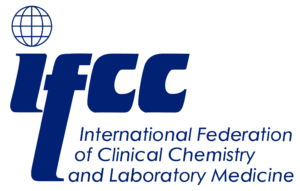Objectives
High-sensitivity troponin (hs-cTn) is substituting conventional cTn for evaluation of chest pain. Our aim was to assess the impact on patient management and outcome.
Methods
A total of 1372 consecutive patients presenting at the emergency department with non-ST-elevation acute chest pain were divided into two periods according to the cTn assay used, conventional (n=699, March 2008 to July 2010) or hs-cTn (n=673, November 2010 to March 2013). Management policies were similar and according to guidelines. The primary endpoint was major adverse cardiac events (MACE) at 6 months (death, myocardial infarction, readmission by unstable angina or postdischarge revascularisation).
Results
There were minor differences in baseline characteristics. In the hs-cTn period, more patients elevated cTn (73% vs 37%, p=0.0001) leading to more coronary angiograms (77% vs 55%, p=0.0001) and revascularisations (45% vs 31%, p=0.0001); conversely, fewer patients were initially assigned to exercise testing (14% vs 36%, p=0.0001) and, therefore, discharged early after a negative result (7% vs 22%, p=0.0001). At 6 months, 135 patients suffered MACE, including 54 deaths. After adjusting for a Propensity Score, hs-cTn use was not significantly associated with MACE (HR=0.99; 95% CI 0.70 to 1.41; p=0.98) or mortality (HR=1.02; 95% CI 0.59 to 1.77; p=0.95), though the risk of longer hospitalisation stay increased at the index episode (OR=1.35, 95% CI 1.07 to 1.71, p=0.02).
Conclusions
hs-cTn simplified chest pain triage on avoiding a more complex evaluation with non-invasive tests in the chest pain unit, but prompted longer hospitalisations and more invasive procedures without impacting on the 6-month outcomes.

